Exploring Alternative Dispute Resolution in the Esports Industry
The esports industry has witnessed exponential growth in recent years, becoming a global phenomenon that captivates millions of fans and generates substantial revenue. As the industry continues to evolve, it faces numerous legal challenges and disputes that need to be addressed effectively. This is where Alternative Dispute Resolution (ADR) mechanisms come into play. In a recent ArbTech webinar, "eSports Disputes: What do they look like and how do we resolve them?" experts delved into the realm of ADR in the esports sector, shedding light on the unique challenges and solutions in resolving disputes within this dynamic industry.
The Complexity of Esports Disputes
Esports competitions involve a myriad of stakeholders, including players, teams, organizers, sponsors, broadcasters, and more. With such a diverse range of parties and interests, disputes are almost inevitable. The webinar highlighted the inherent complexity of esports disputes, which can encompass issues such as player contracts, broadcasting rights, IP infringements, cheating allegations, and contractual breaches.
The Need for Specialized ADR in Esports
Traditional dispute resolution mechanisms, while effective in other industries, might not be suitable for the esports sector due to its unique characteristics. Oscar Arrus, Partner at CastaldiPartners, emphasized that esports disputes often require a nuanced understanding of the industry's technical and commercial aspects. This includes issues related to software, streaming, in-game purchases, and more. To address these complexities, tailored ADR services specifically designed for esports disputes are essential.
Tailored ADR Services for Esports
Alexia Pato, WIPO Arbitration and Mediation Center, discussed the importance of having ADR services customized for the esports industry. She highlighted the structural imbalance that can exist between individuals or small entities and large publishers or companies in the esports landscape. To address this, the WIPO Center has developed specialized rules for ADR in esports. These rules include the establishment of a "dispute resolution board" that handles disputes arising from esports competitions. Additionally, a list of experts specializing in esports disputes has been created to ensure parties have access to knowledgeable professionals.
Profile of Esports Arbitrators
During the discussion, the panel addressed the qualifications required for arbitrators in esports disputes. Leo Margolis, an esports expert, suggested that arbitrators do not necessarily need to be experts in a specific game. Instead, they should possess an understanding of how cheating issues can arise across various games and how they can be addressed. The expertise lies in comprehending the mechanics of cheating and having a general awareness of competitive games.
Confidentiality and Anonymity in Esports ADR
One interesting point raised was the challenge of maintaining confidentiality and anonymity in esports ADR proceedings. Benson Mutua, from the audience, inquired about whether parties seeking anonymity could receive a ruling from a confidential advisor before allowing certain issues to be discussed in arbitration. The panel acknowledged the challenge of balancing transparency and confidentiality in such cases. While arbitration proceedings are confidential, certain legal requirements for enforcement can void this confidentiality. Maintaining anonymity while ensuring due process and a level playing field is a complex issue that requires careful consideration.
The Role of Nondisclosure Agreements (NDAs)
Leo Margolis discussed the practicality of parties remaining anonymous through the use of NDAs. He suggested that parties could collaborate in an online environment without disclosing their identities if both parties agree to an NDA. However, this approach might not be suitable for all situations, especially when there is a power imbalance between the parties.
As the esports industry continues to grow and evolve, the need for effective dispute resolution mechanisms becomes more critical. ADR tailored to the unique challenges of the esports sector can provide a means to resolve disputes efficiently while maintaining the industry's dynamic and competitive nature. Whether through mediation, arbitration, or other ADR methods, finding the right balance between transparency, confidentiality, and expertise is essential for ensuring fair outcomes in esports disputes. As the industry matures, the development of specialized ADR services will play a pivotal role in shaping the future of esports resolution.
